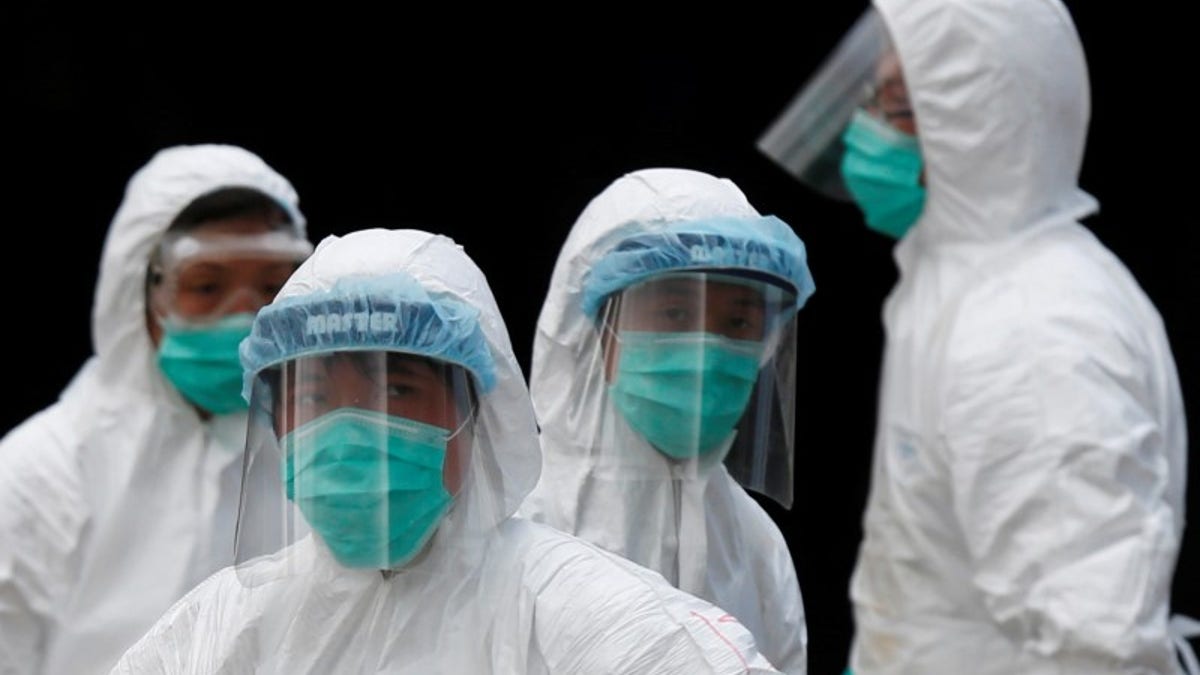
Health officers in protective clothing cull poultry at a wholesale market in Hong Kong (Copyright Reuters 2016)
BEIJING – Chinese authorities have confirmed a second case of human bird flu infection this week, state media reported late on Wednesday, as South Korea and Japan battle to control outbreaks of the deadly virus.
Local authorities ordered a halt to poultry sales from Thursday in the Siming district of Xiamen, a city in China's eastern Fujian province, after a 44-year-old man was diagnosed with H7N9 avian flu on Sunday, Xinhua reported.
The patient is being treated in hospital and is stable condition, Xinhua said, citing Xiamen's diseases prevention and control center. The city has a population of about 3.5 million.
The latest incident comes after Hong Kong confirmed an elderly man was diagnosed with the disease earlier this week.
Both cases come as South Korea and Japan have ordered the killing of tens of millions of birds in the past month, stoking fears of regional spread.
Bird flu is most likely to strike in winter and spring and farmers have in recent years increased cleaning regimes, animal detention techniques, and built roofs to cover hen pens, among other steps, to prevent the disease.
Still concerns about the spread of the virulent airborne bird flu comes as farmers in China are preparing for the year's peak demand during Lunar New Year celebrations at the end of January.
In light of the recent outbreaks in nearby countries, they are feeding their flocks more vitamins and vaccines and ramping up hen house sterilizations in a bid to protect their birds.
On Wednesday, authorities said they would ban imports of poultry from countries where there are outbreaks of highly pathogenic bird flu. It already prohibits imports from more than 60 nations, including Japan and South Korea.
The last major bird flu outbreak in mainland China in 2013 killed 36 people and caused about $6.5 billion in losses to the agriculture sector.
According to the website of China's ministry of agriculture, delegations from Japan, South Korea and China gathered in Beijing last week for a symposium on preventing and controlling bird flu and other diseases in East Asia.
